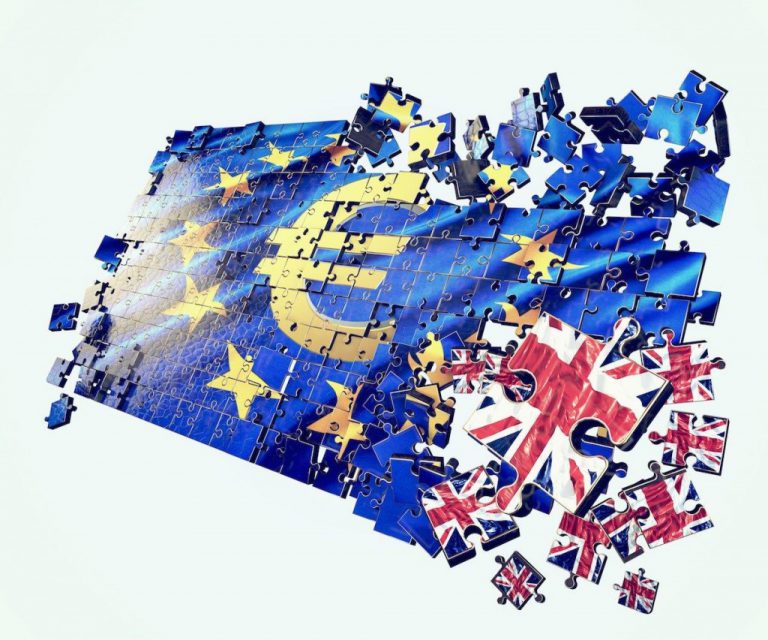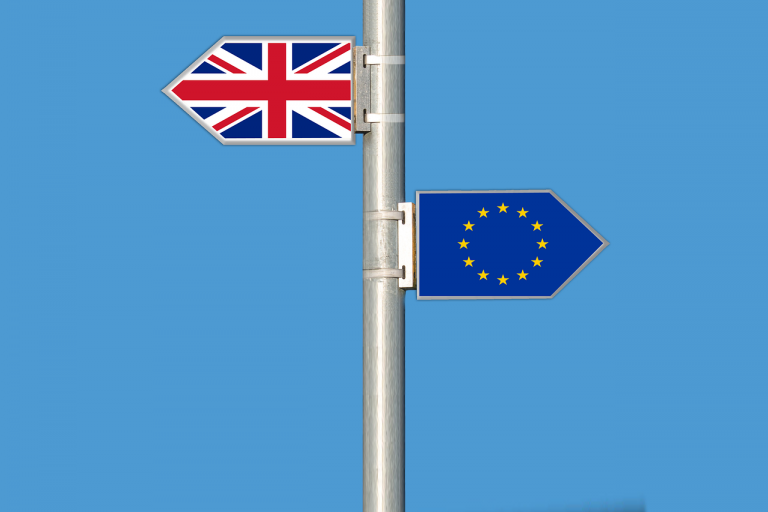UK May Have to Pay £50 billion into the EU Pension Fund
UK may have to pay £50 billion into the EU pension fund.
About 60% of the votes from the UK to leave the EU are pensioners, and it is the pensions they rely on which will be the hardest hit.
The combined deficits of all U.K. defined-benefit pension schemes, normally employer-sponsored and promising a specified monthly payment or benefit upon retirement, rose from £820 billion ($1.1 trillion) to £900 billion overnight following the referendum. Since then, it has grown further to a record £935 billion as of July 1.
A sharp drop in U.K. government bond yields to record lows, and a similar decline in corporate bond yields, is largely to blame for the uptick in defined-benefit pension liabilities. That’s because fixed income represented 47.5 percent of total 2014 assets for corporate pensions funds, of which about three-quarters were issued by the U.K. government and/or sterling-denominated, according to the 2015 Investment Association Annual Survey.
Beyond gilt yields, Altmann said that anything that damages the economy is also bad news for pensions. The country’s gross domestic product is now expected to grow by 1.5 percent this year and just 0.6 percent in 2017, according to a Bloomberg survey of economists conducted July 15-20. That’s down from 1.8 percent and 2.1 percent, respectively, before the Brexit vote.
A weaker economy means companies will be less able to afford extra contributions precisely when pension schemes face a growing funding gap, possibly threatening future payouts to pensioners and creating a vicious feedback cycle.
“If companies have got to put even more into their pension schemes than they have previously while their business is weakening, then clearly their business will be further weakened,” Altmann said.
Bad news, in other words, for Brexit’s biggest supporters.
Disclaimer: Any information or related news item displayed on this site is believed to be factual and up-to-date, but we do not guarantee its accuracy and it should not be regarded as a complete analysis of the subjects discussed or as advice in anyway and all users should seek independent advice before relying on any information or comment expressed within the site. All expressions of opinion reflect the views of their respective authors as of the date of publication and are subject to change. Use of Links (hyperlinks) to or from other internet sites may be included at times for the convenience of the user. Synergi Europe and its affiliates assume no responsibility for the content of any linked site. The fact that such links may exist does not indicate approval or endorsement of any material contained on any linked site.







